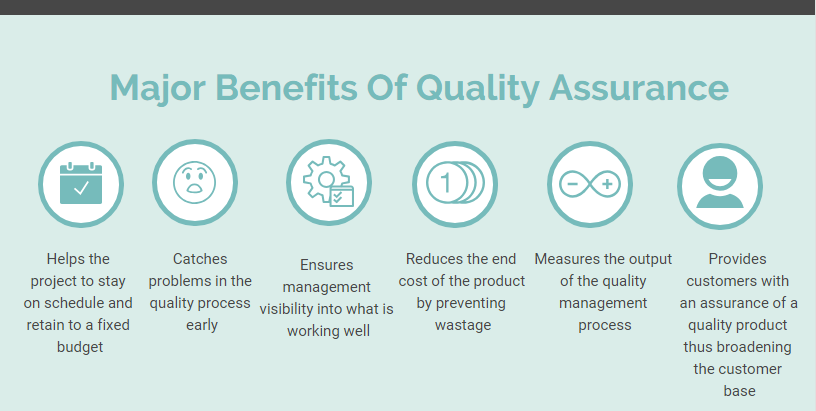What are Quality Assurance Standards?
Quality Assurance (QA) Standards are a set of rules that are selected and applied by companies all across the world when they need to show commitment to their customers of delivering nothing but the finest quality services and products. According to the FDA Guidelines (GMP), any sponsor for contract research organizations and clinical trials are mandated to monitor quality assurance and quality control systems.
Which departments ensure optimum Quality Assurance in a company?
History of Quality Assurance
Quality Assurance (QA) is being used ever since the United States entered World War II in December 1941. The practice of rigorous testing of the military equipment used by the personnel of the US Armed Forces began with help from industrial consultants that established a military standard which were incorporated into the contract given to the suppliers.
Quality Assurance Testing in IT Industry
Quality Assurance (QA) in IT sector is gradually becoming a more and more popular domain for people to work in. Freshers and experienced professionals alike are eagerly joining the wagon of the IT industry. A Quality Assurance (QA) Tester is a key ingredient in a software development company as he is responsible for checking the software for any bugs, defects and broken links in the coding of the program. A Business Analyst (BA) is the last person who is handed over the project and is responsible for delivering it to the customer after a QA tester is done with it.

